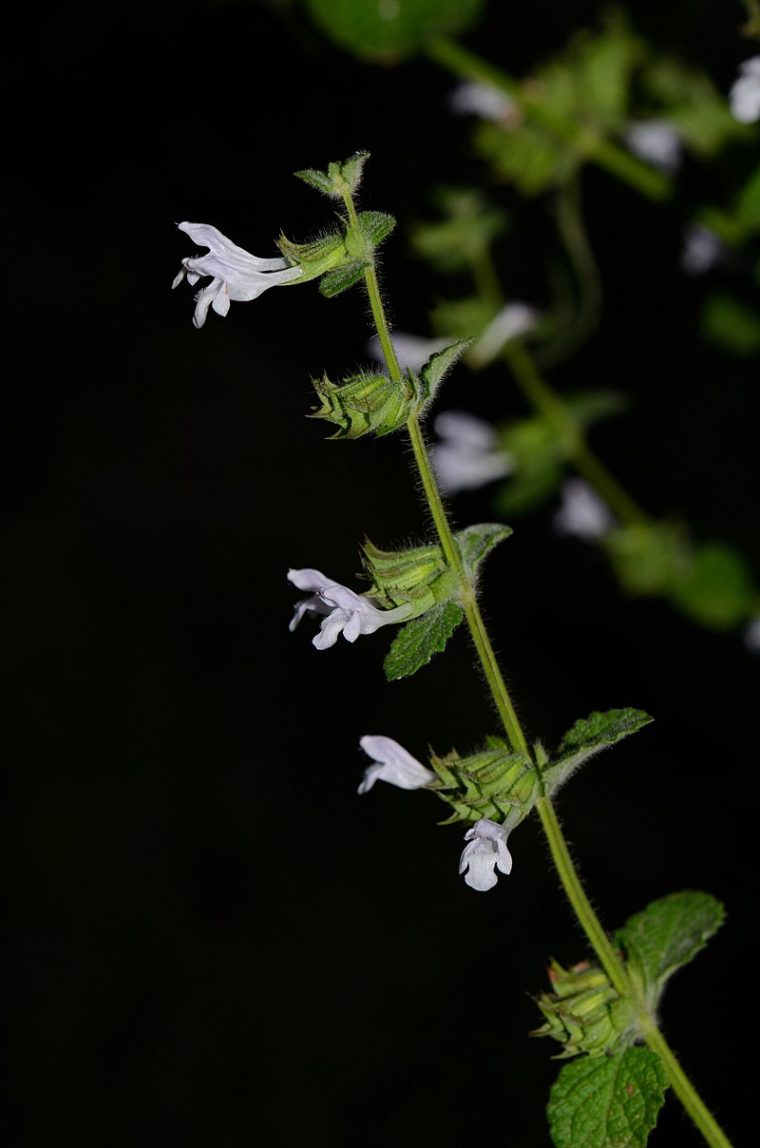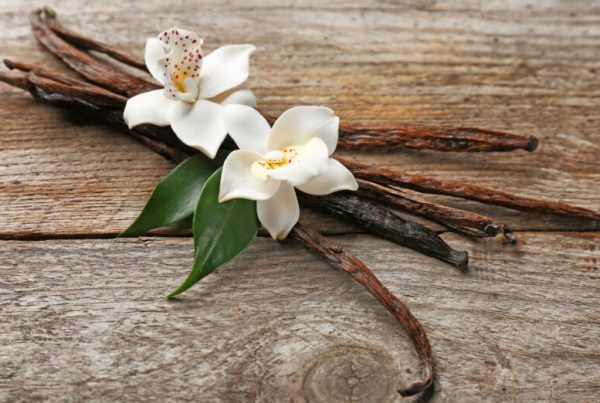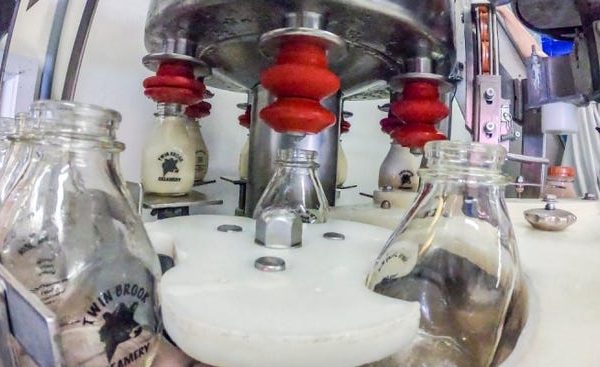(Photo by Wikipedia/Gideon Pisanty (Gidip))
The world-renowned lemon wort or lemon balm has a scientific name derived directly from Greek mythology. Lemon balm’s scientific name is Melissa officinalis or ‘melissoxorto’ in Greek, meaning the wort (xorto) of the bees (Melissa).
According to the myth, the goddess Artemis was in love with bees and created the plant to embrace them. Since then, lovers use it as a lucky charm to keep their loved ones close. In reality, bees are highly attracted to the lemon-like scent of the plant and folklore says that is how this name came up. Bees are intoxicated by the lemon scent for some reason, and beekeepers say that “it is the smell of the Queen bee” referring to Queen bee’s pheromones. Many products for bee attraction contain the essential oil of lemon balm or other similar substitutes. An herbal tea of melissoxorto will lower your blood pressure and help you relax and have a nice sleep. Fresh leaves of melissoxorto in salads or fruit salads can put a pinch of lemon flavor in your mouth.
Dried or fresh melissoxorto in cooking can be a substitute for mint! If you want to cook a “pesto sauce with a twist” for pasta, just replace half of the basil with fresh Melissa! Even though melissoxorto can be cultivated or grown in the wild almost in every meadow, it is known as one of the basic Greek herbs that every kitchen should have, dried or in a pot for fresh use.
You can easily have small pots with Greek sage, oregano, thyme, melissa, majoran and mint in your balcony or garden and enjoy all the fresh flavors in salads and cooking, and also save money!
Just try not to water it too much (when the soil is almost dry, then water) and keep it to the sunniest corner of your house, in order to help mother nature work: plants will create more aromatic substances due to the sun!
* The above is not medical advice but mere suggestions for improving your diet. Before reach herbal use you should consult your doctor, especially those who have health issues, are pregnant or are under the age of 6.
Evropi-Sofia Dalampira is an Agriculturist-MSc Botany-Biology and PhD Candidate in Agricultural-Environmental Education and Science Communication
Source: Queen Bee’s Scent at Your Table – The National Herald













